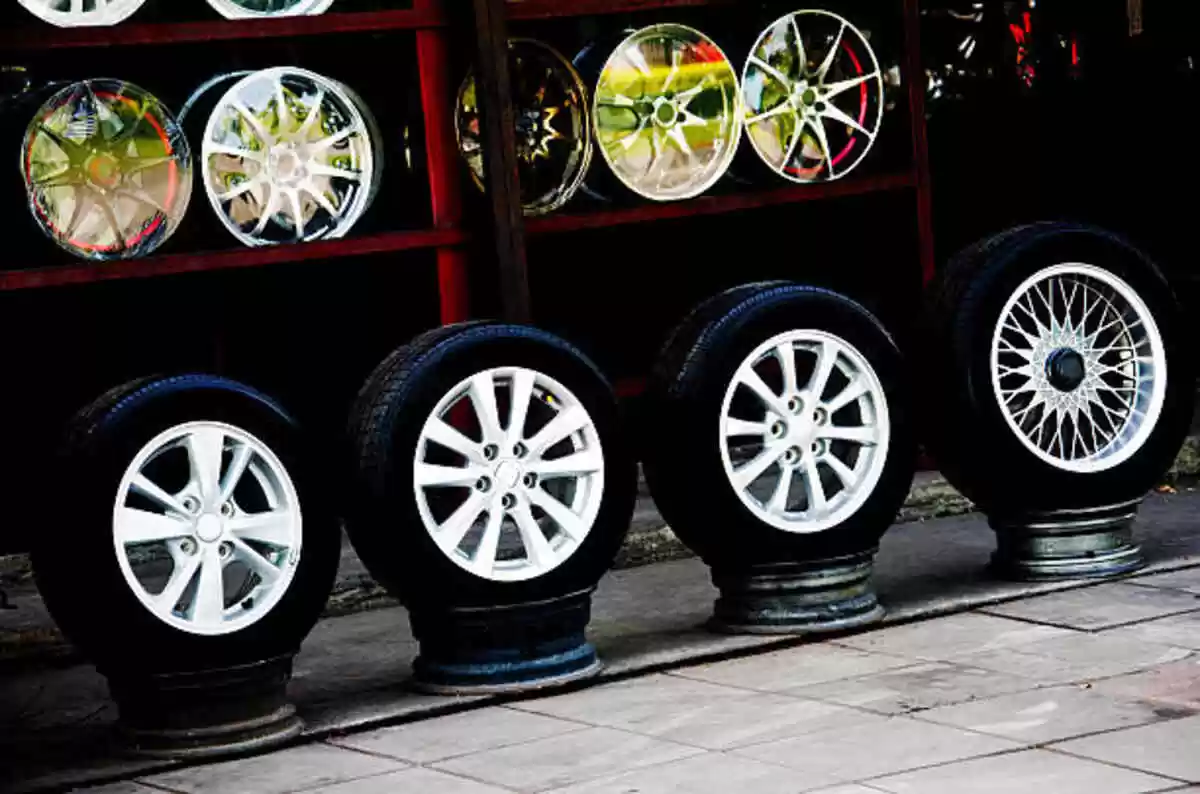Hyundai is currently expanding its EV lineup to include the Ioniq 6, which will debut in Europe in the second half, and the Ioniq 7, which is projected to hit the market in 2024.
In May, Hyundai Motor Group, which includes Hyundai Motor and Kia, said it would invest 63 trillion won ($48.1 billion) in South Korea through to 2025.
Hyundai Motor’s unionized workers in South Korea voted this month for a possible strike for the first time in four years over demands for higher wages. They were also angry at management prioritizing investment outside the country.
Hyundai Motor, South Korea’s largest automaker, last opened an assembly plant in South Korea in 1996.
But it said in May it would invest $5.5 billion in the U.S. to build full EV and battery manufacturing facilities in Georgia.
The EV facility in Georgia is scheduled to break ground in early 2023 and begin commercial production in the first half of 2025, according to the automaker.
“Sales of internal-combustion-engine vehicles are scheduled to be banned in certain markets so the new EV factory is vital to Hyundai Motor’s survival,” said Chang Moon-su, an analyst at Hyundai Motor Securities, a subsidiary of the automaker.






